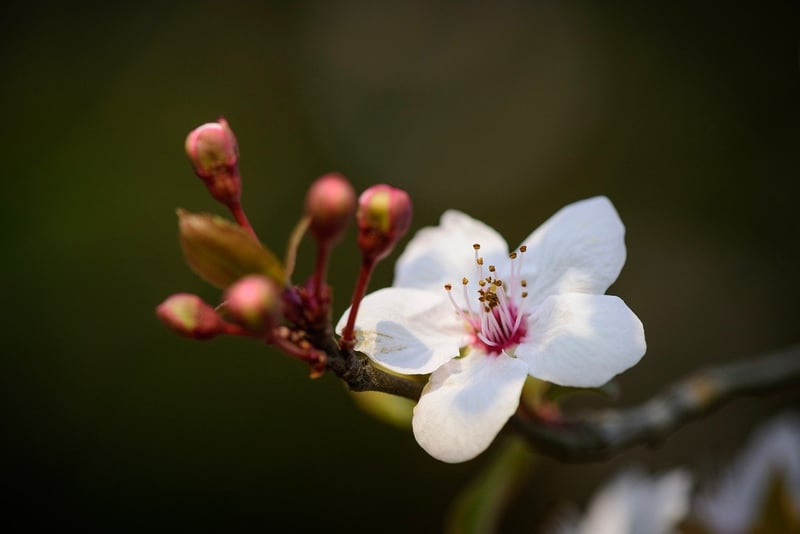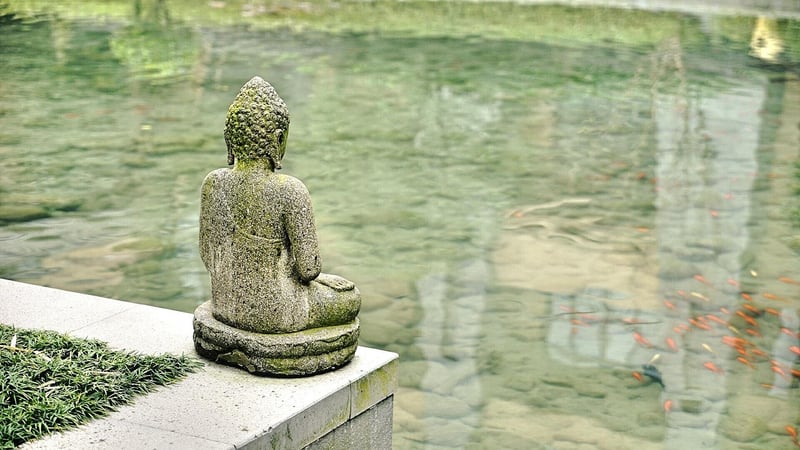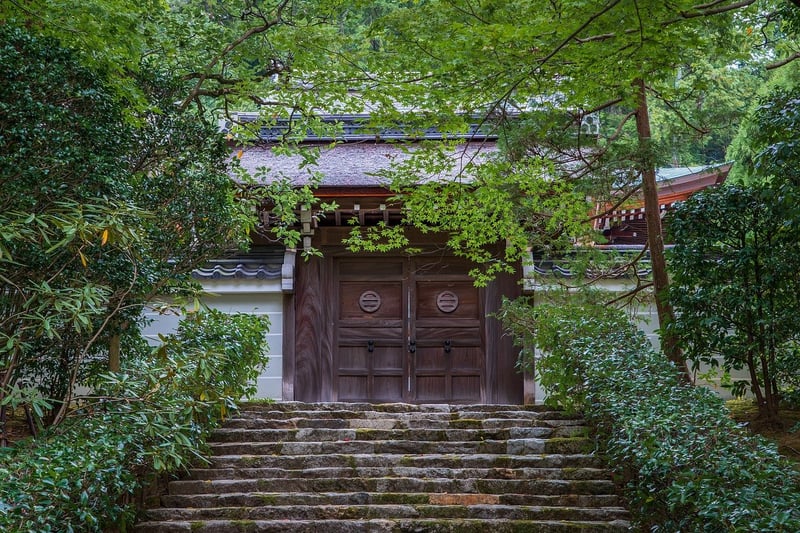Japanese Zen
The Art of Japanese Zen: Embracing Culture and Serenity

Japan, a land rich in tradition and culture, is widely known for its deep-rooted practice of Zen Buddhism. The essence of Japanese Zen extends beyond religious beliefs, permeating various aspects of daily life and art forms, creating a harmonious blend of spirituality and aesthetics.
Exploring Zen Aesthetics in Japanese Culture
Japanese Zen aesthetics emphasize simplicity, minimalism, and tranquility. This philosophy is reflected in various art forms such as Ikebana (flower arranging), Kintsugi (the art of repairing broken pottery with gold), and the renowned Japanese tea ceremony.
Japanese Zen Gardens: A Haven of Serenity

Japanese Zen gardens, known as "karesansui" or dry landscape gardens, are iconic symbols of tranquility and balance. These meticulously designed gardens often feature rocks, gravel, and carefully placed plants, inviting contemplation and inner peace.
Embracing Mindfulness through Tea Ceremonies
The Japanese tea ceremony, or "chanoyu," is a ritual that embodies the principles of harmony, respect, purity, and tranquility. Participants engage in a mindful and meditative experience while appreciating the preparation and consumption of matcha, powdered green tea.
Finding Harmony in Everyday Life
Embracing Japanese Zen principles can extend beyond traditional practices and influence daily routines. Simple acts like savoring a cup of tea mindfully, decluttering living spaces, or taking moments to appreciate nature can cultivate a sense of peace and mindfulness in everyday life.
Conclusion
Japanese Zen offers a profound way of living that blends cultural elements with a pursuit of inner peace and mindfulness. By embracing the principles of Zen, one can find beauty in simplicity, tranquility in chaos, and harmony in the present moment.
Experience the serenity and cultural richness of Japanese Zen as you embark on a journey towards inner harmony and mindfulness.
